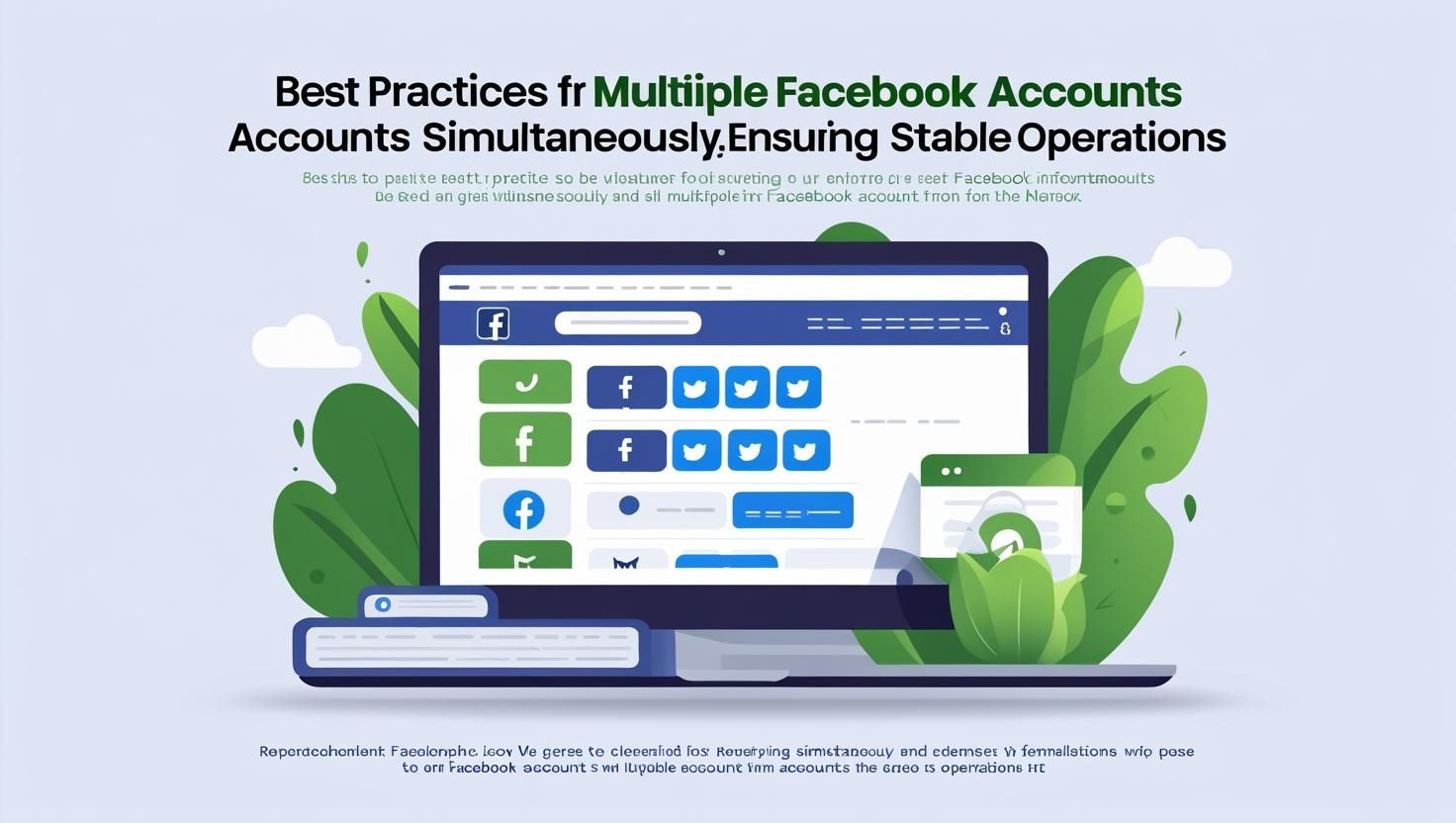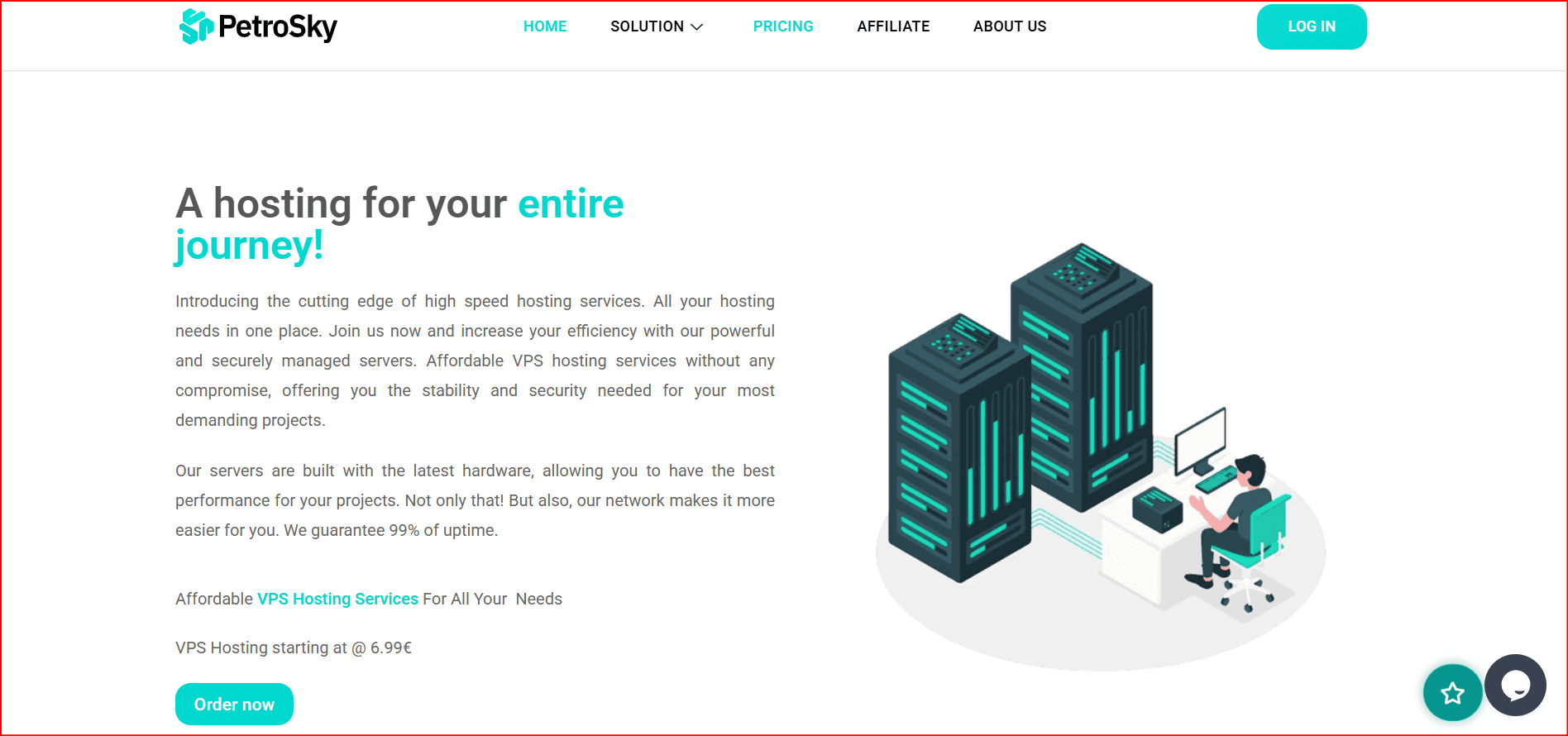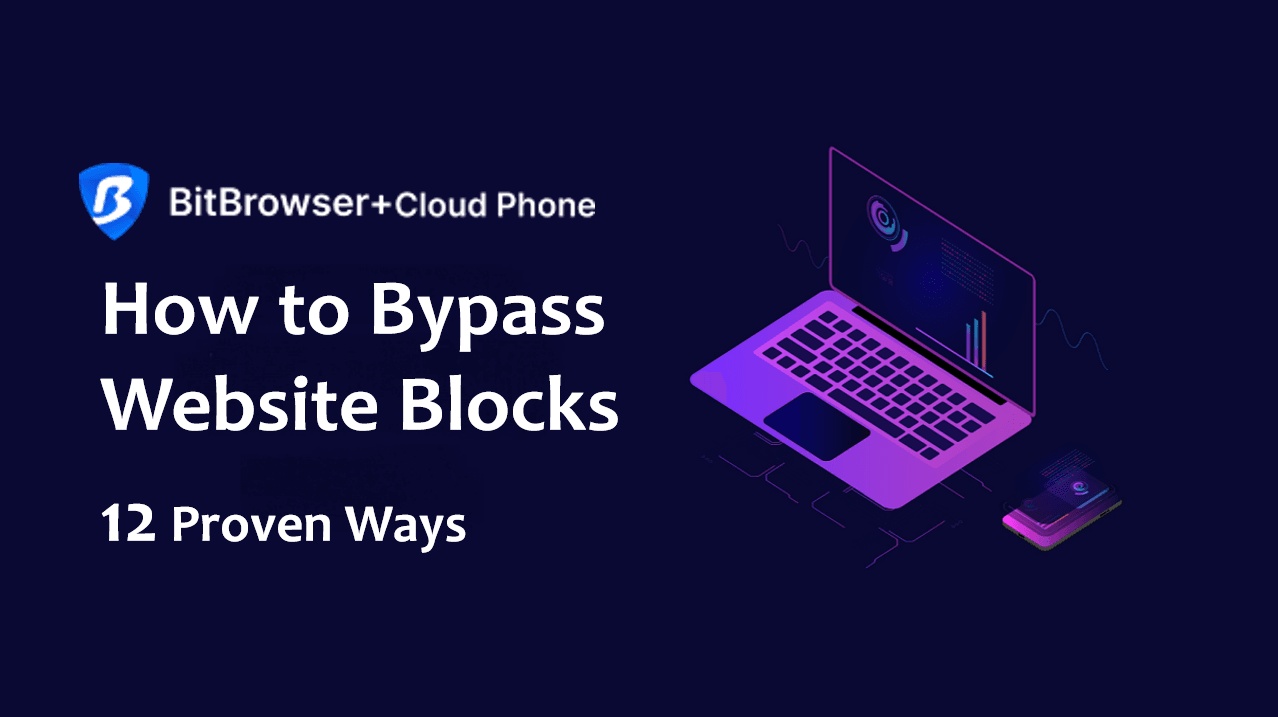


Top VPS Providers for Python Projects
 2025.10.30 23:48
2025.10.30 23:48Running Python applications smoothly requires a hosting environment that’s fast, reliable, and flexible. Shared hosting often isn’t enough to handle Python frameworks, database connections, and background tasks. A properly configured VPS (Virtual Private Server) gives you the resources and control you need to run Python apps efficiently.
This guide will help you choose the best VPS for Python projects, including performance specs, scalability options, and top providers for developers.
Why VPS Matters for Python Applications
Python applications, especially web frameworks like Django, Flask, or FastAPI, depend on CPU, RAM, and storage speed. A VPS provides dedicated resources that shared hosting cannot guarantee, ensuring your Python scripts, APIs, and background tasks run without interruption.
Key Benefits of Using a VPS for Python
- Ability to run Python scripts continuously without restrictions
- Full control over Python environment and dependencies
- Dedicated CPU and RAM for heavy computations
- Support for virtual environments and multiple Python versions
- Ease of integrating databases, caching, and task queues (Redis, Celery, RabbitMQ)
Performance: CPU, RAM, and Storage
Python applications can be resource-intensive, especially when handling concurrent API requests, database queries, or machine learning tasks.
What to Look For in a Python VPS:
- 2+ vCPUs and 4+ GB RAM: Ideal for small to medium Python apps
- SSD or NVMe storage: Fast read/write for databases and file storage
- Support for Python 3.x: Ensure your VPS allows multiple Python versions
- Server-side caching: Redis or Memcached for API speed and session management
- Ability to configure web servers: NGINX or Gunicorn for running Python apps
Uptime and Reliability
Long-running Python services, APIs, or web apps must remain available. A VPS offers:
- Guaranteed uptime (99.9% or higher)
- Cloud redundancy and automated failover
- Real-time monitoring and alerts
- Automated backups of your Python apps and databases
Server Control for Python Developers
With VPS root access, you can:
- Install any Python packages using pip or conda
- Run background tasks with Celery or RQ
- Configure virtual environments for isolated projects
- Set up web servers with Gunicorn, Uvicorn, or Daphne
Scalability
Python apps grow in traffic and resource usage. Choose a VPS that allows easy upgrades:
- CPU, RAM, and storage upgrades without downtime
- Dedicated IPs for APIs and web apps
- Path to cloud servers if traffic spikes require more resources
Security for Python Apps
Secure your Python VPS with:
- SSL certificates for web apps
- Firewall and DDoS protection
- Automated malware scans
- Regular OS and Python package updates
Managed vs. Unmanaged VPS for Python
If you prefer to focus on development rather than server maintenance, a managed VPS is ideal. Managed VPS often includes:
- Automatic updates for OS and packages
- Security configurations for web servers
- Backups and monitoring of your Python apps
- Expert support for server-related issues
Top VPS Providers for Python Projects
PetroSky

High-performance VPS with support for Python 3.x, NVMe storage, and KVM isolation. Best for CPU-heavy Python apps.
Kamatera
Global VPS network with Intel Xeon CPUs and 10Gbps networking, suitable for scalable Python APIs.
VPSServer
Easy-to-use VPS with root access and support for virtual environments. Good for Python beginners and mid-level projects.
InterServer
Affordable, U.S.-based VPS ideal for small Python projects and testing APIs.
Final Thoughts
Choosing the right VPS for Python ensures your applications are fast, secure, and scalable. Whether you’re deploying a web API, a data-processing script, or a Django/Flask app, a VPS tailored for Python will give you the performance and control your project needs.
 petro
petro
 Multi-Account Management
Multi-Account Management Prevent Account Association
Prevent Account Association Multi-Employee Management
Multi-Employee Management



